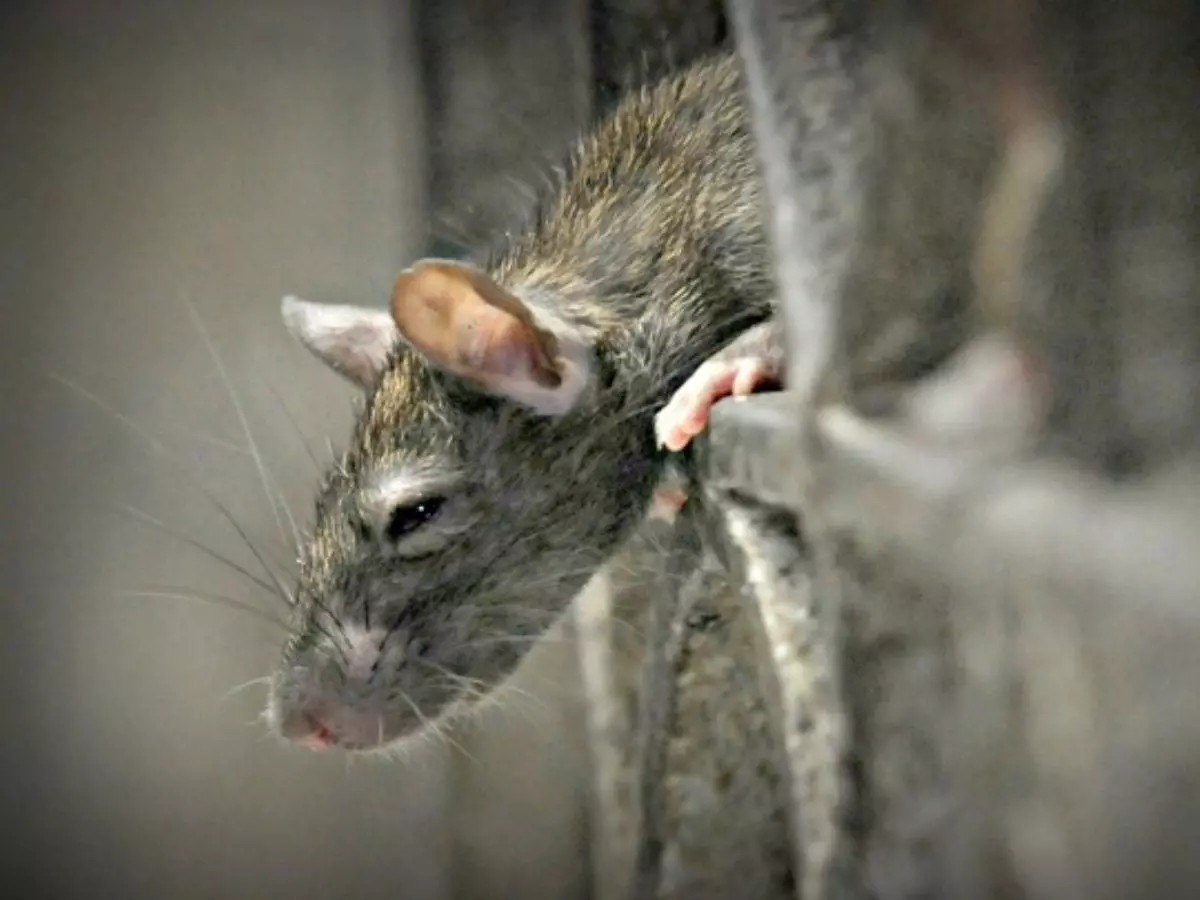What Is Hantavirus, How Does It Spread: Why It Isn't As Scary As COVID-19 Coronavirus
But what exactly is this Hantavirus? How does it contract and should we be freaking out?

While everyone in the rest of the world is desperately trying to fight the novel coronavirus, China has an alleged new virus, dubbed Hantavirus, that has claimed the life of a man in Shandong Province, along with 32 others who are currently being tested.
Don't worry! The Hantavirus is not a new virus, it's not the same as COVID-19 caused by novel Coronavirus, it isn't as communicable as the COVID-19 coronavirus. Read on to find out more about Hantavirus and not panic unnecessarily.
 Reuters
Reuters
Origin of Hantavirus
According to the Centre for Disease Control and Prevention (CDC) in the US, Hantavirus is basically a family of viruses that originate from rodents or rats. Every kind of hantavirus is specific to a category of rodent. The disease is spread from rat droppings, urine or their saliva. Humans get infected when they come in close contact with rat filth, which may have the virus.
Effects of Hantavirus
Hantaviruses are classified into two categories -- ¡®New World¡¯ hantaviruses and ¡®Old World¡¯ hantaviruses. The former are known to cause Hantavirus Pulmonary Syndrome -- a severe, sometimes fatal, respiratory disease -- whereas the latter causes Hemorrhagic Fever with Renal Syndrome, causing severe headache, fever, nausea, blurred vision along with vascular leakage and acute kidney failure.
Kinds of rats that cause Hantavirus
There are four kinds of rats that usually cause hantavirus -- cotton rat (Sigmodon hispidus), deer mouse (Peromyscus maniculatus), rice rat (Oryzomys palustris) and white-footed mouse (Peromyscus lecopus).
 CDC
CDC
Yes, almost all of them look the same.
Prevention of Hantavirus
Well for starters, if you have rats at your home, get rid of them. According to the CDC, there are rare chances of the disease spreading from one person to another. If you come across rodent droppings, clean them immediately while wearing protective masks/ gloves.
Treatment and cure of Hantavirus
In case of Hantavirus Pulmonary Syndrome, patients are put in intensive care and are given oxygen therapy to help them through the period of severe respiratory distress.
For Hemorrhagic Fever with Renal Syndrome, the treatment includes careful observation of patient¡¯s fluid intake, electrolyte levels, blood pressure levels. Some might also require dialysis to correct severe fluid overload.
 Reuters
Reuters
Some doctors have tried to use antiviral drugs, such as ribavirin, are used to treat other strains of hantavirus and associated infections. But, no large trials have proven them to work, but doctors may try in very severe cases.
Should Indians be worried?
Unlike COVID-19, this disease doesn't spread from one person to another. It only spreads when the person comes in contact with the rodent droppings/urine and then touches his eyes/nose/mouth. So for now, it's not something we should worry about as much as the Coronavirus.
However, it goes without saying, keeping your home rodent-free can prevent the occurrence of hantavirus in the first place.
